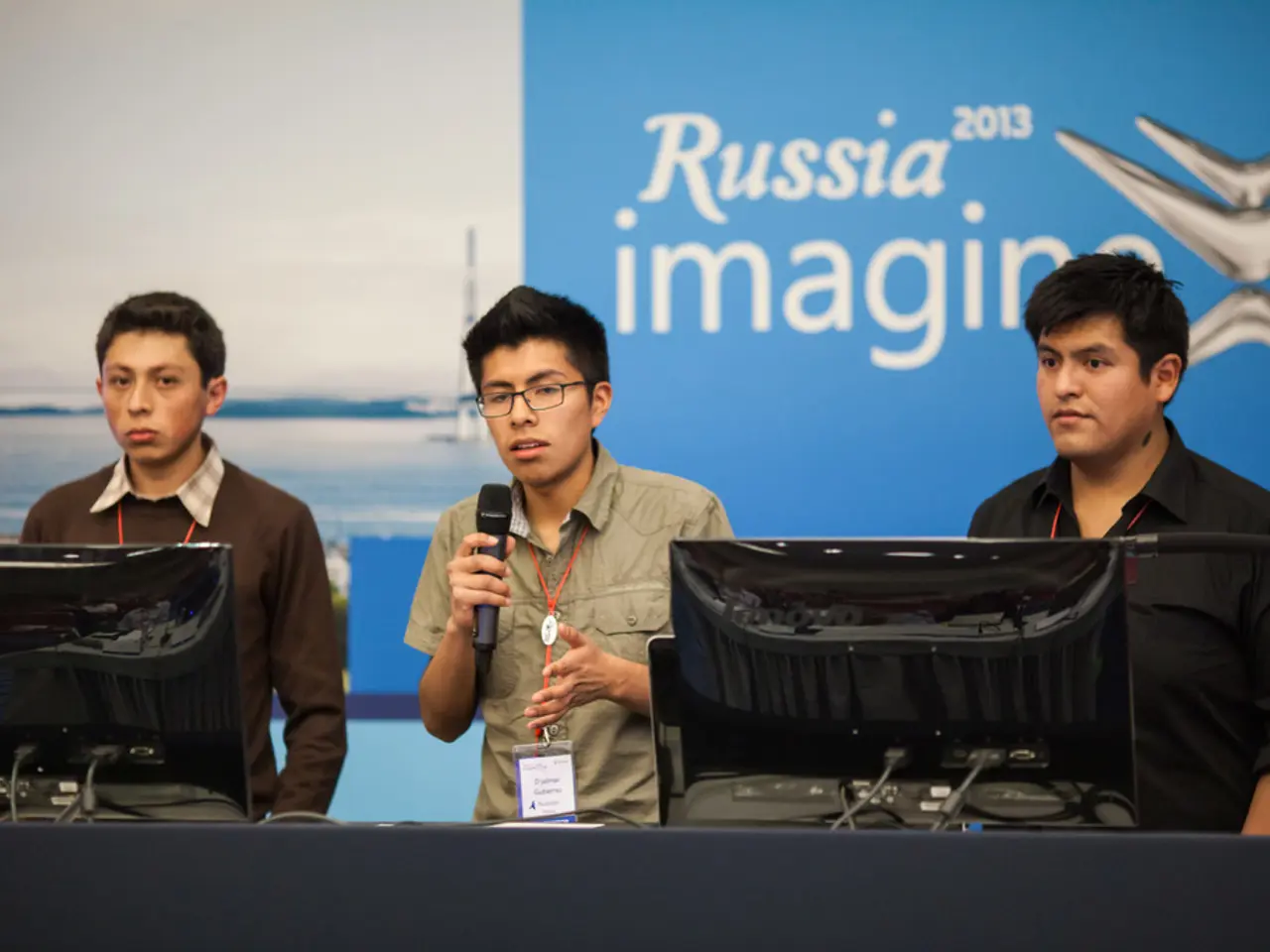Russia imposes limitations on voice calls via WhatsApp and Telegram
In a move aimed at combating criminal activities, the Russian government has imposed restrictions on voice calls on popular messaging apps WhatsApp and Telegram. The communications watchdog, Roskomnadzor, announced the partial blocking of voice calls on these foreign services to curb fraud, extortion, sabotage, and terrorism.
The authorities accuse these apps, particularly WhatsApp and Telegram, of being the main voice services used to deceive and extort money, and of involving Russian citizens in sabotage and terrorist activities. The apps are also alleged to refuse to cooperate with authorities by not sharing user data in criminal investigations.
The restrictions do not apply to text messaging. The Russian government aims to shift users from these foreign apps to a Kremlin-backed "super app" called Max, which is expected to come pre-installed on all devices sold in Russia starting September 1, 2025.
Officials have stated that the call restrictions could be lifted if the apps comply with Russian laws, open local offices, and cooperate with law enforcement. Critics view this move as part of Russia’s broader push for tighter control of the internet and digital sovereignty.
Scams via messaging apps are common in Russia, and the internet has long been one of the last spaces where critical voices could freely express themselves. However, Russia has been increasing measures to restrict freedom of expression on the internet. Since 2022, Facebook and Instagram have been blocked in Russia, and since 2024, YouTube has only been accessible in Russia via a VPN.
The restriction affects over 100 million Russians. The Russian President, Vladimir Putin, signed a law in July punishing internet searches for content classified as "extremist" and banning the promotion of VPNs. WhatsApp, a private, end-to-end encrypted messaging app, resists governments' attempts to undermine people's right to secure communication.
Russian authorities have accused Ukrainian security services of recruiting Russians through these apps to commit acts of sabotage in the country. In July, a Russian deputy, Anton Gorelkine, stated that WhatsApp, owned by Meta, should prepare to leave the Russian market.
Telegram, on the other hand, has stated that it actively fights against the misuse of its platform and deletes millions of harmful content daily. The inconsistent blocking, varying by location and mobile carrier, has led some users to bypass restrictions using VPNs.
The statements raised fears of an imminent WhatsApp block in Russia. WhatsApp has not yet commented on the matter publicly. However, the app has a high probability of being added to the list of applications from "unfriendly" countries according to Moscow.
This move by the Russian government is a significant step towards tightening control over digital communications and increasing state oversight. It remains to be seen how this will impact the millions of Russians who rely on these messaging apps for communication.
- The Russian authorities accuse WhatsApp and Telegram, specifically, of being used to deceive and extort money, facilitate sabotage and terrorist activities, and refuse to cooperate with authorities in sharing user data for criminal investigations.
- Critics view the move to impose restrictions on voice calls on foreign messaging apps WhatsApp and Telegram as part of Russia’s broader push for tighter control of the internet and digital sovereignty, with concerns about the potential impact on general-news dissemination, cybersecurity, and politics in Russia.




